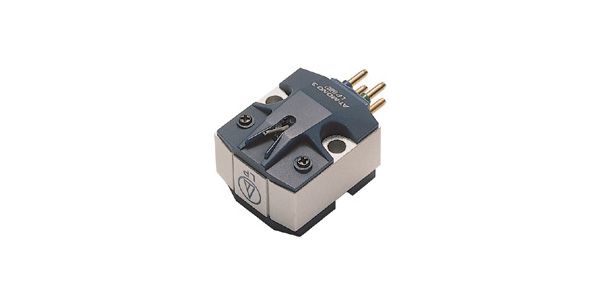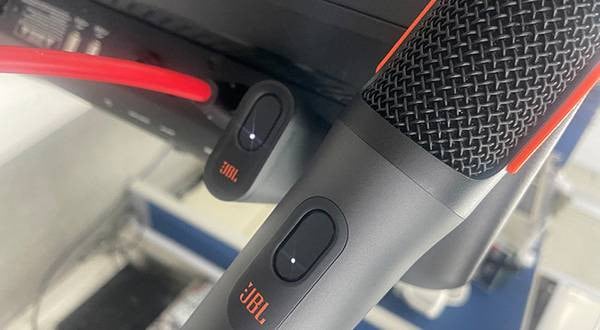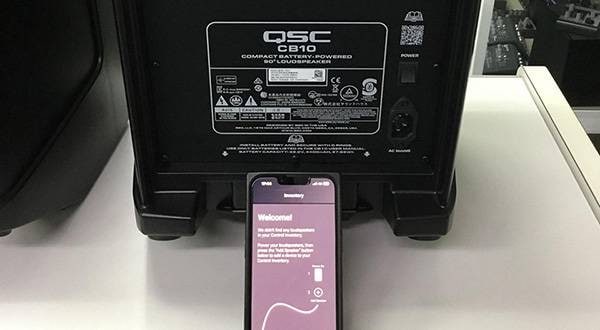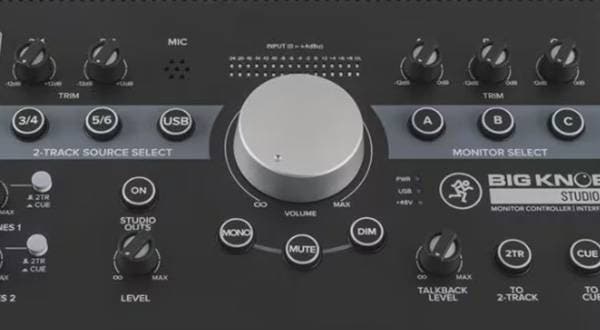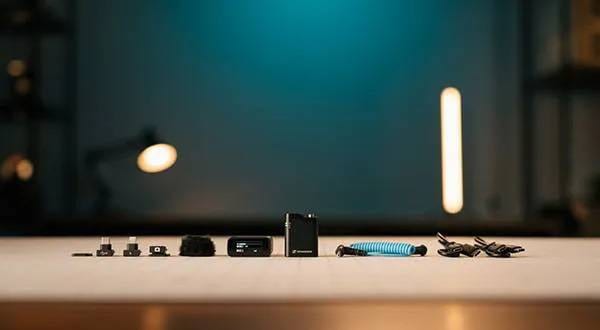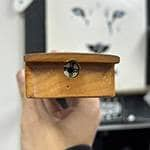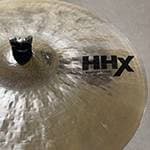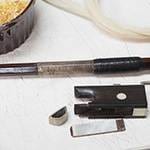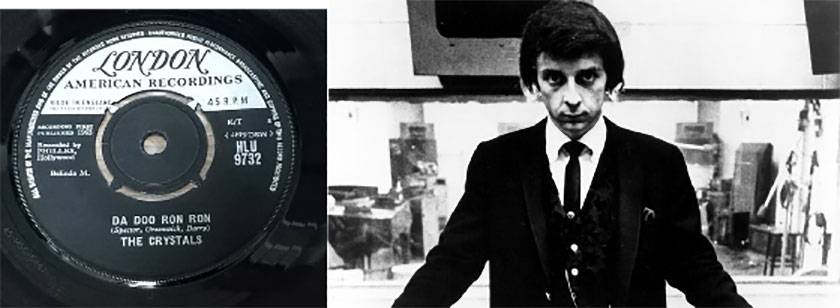
This blog series focuses on the beauty of monaural vinyl records.
In fact, the series title “Back to MONO!” was taken from the box set compilation of works by the greatest producer/arrangers in American pop music history Phil Spector.
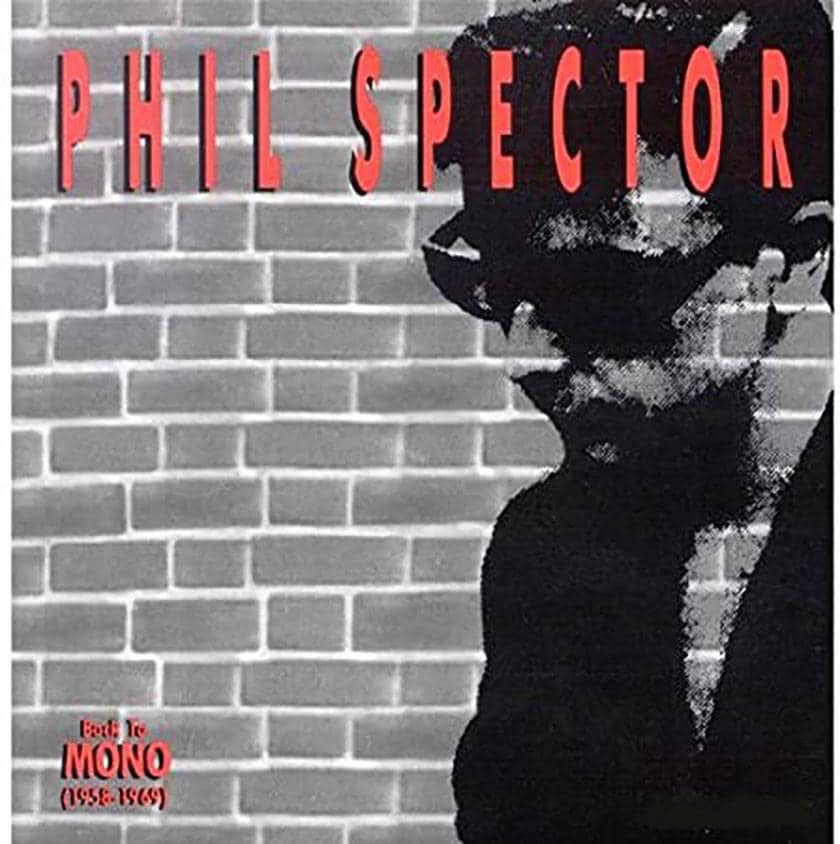
The Christmas season of 2021 was supposed to be a milestone for my 10th post of this blog series, so I was looking forward to talking about Phil Spector’s Christmas record. However, I didn’t expect to introduce it while I was mourning his passing.
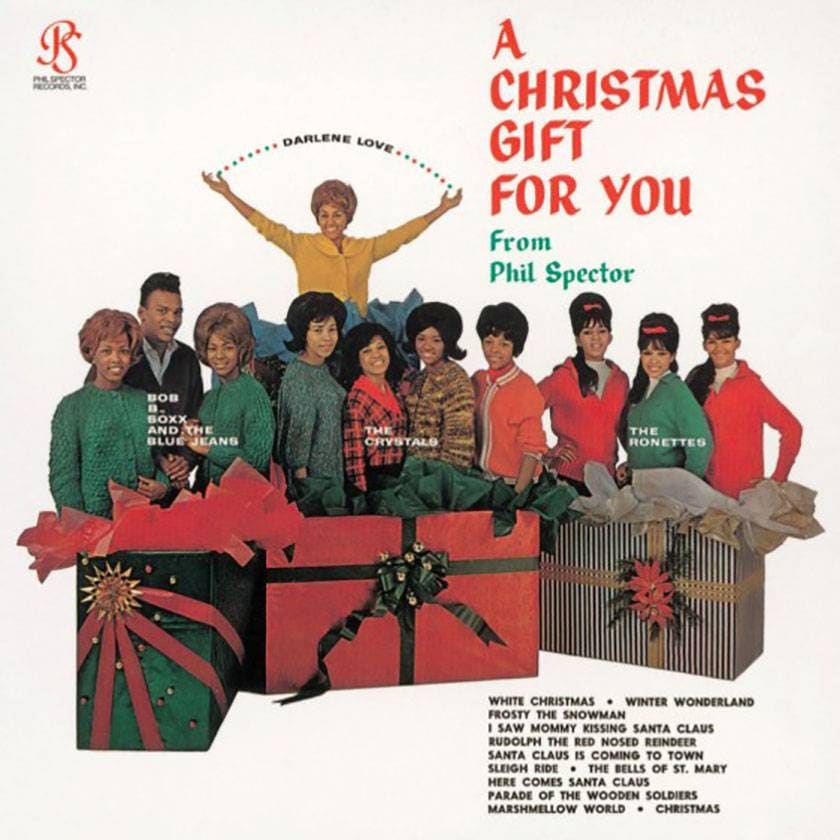
For this post, I changed my plans last minute and decided to immerse myself into the magic of Phil Spector’s greatest pop hit with this single.
Phil Spector is said to have only used monaural (mono) sound even after everyone else in the music business was going crazy over stereo.
To be honest, I had trouble choosing only one song out of the many records he had produced during his lifetime.
This time, I’m going to introduce a single by the girl group the Crystals because I feel so attached to this song.
The Crystals “Da Doo Ron Ron” (1963)
(Written by Jeff Barry, Ellie Greenwich and Phil Spector)
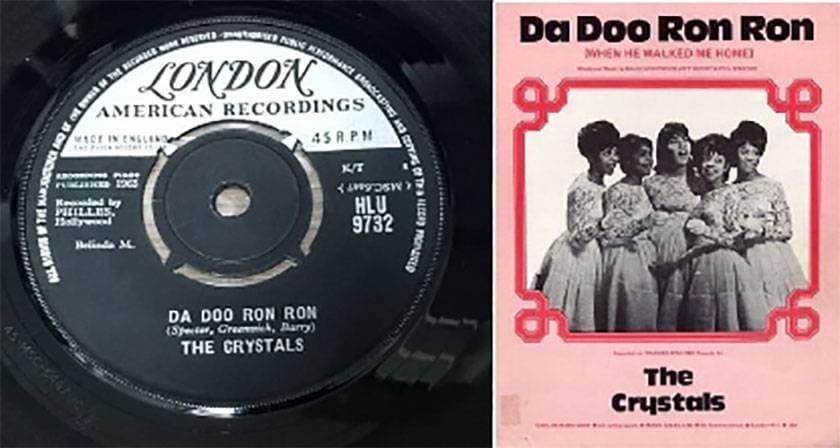
I would like to express my sincerest condolences by talking about this single’s overwhelming monaural sound.
The Crystals is a girl group that recorded some excellent choruses. They released hits such as “Uptown” and “Then He Kissed Me”, but I think many music magazines and professional bloggers will be writing about this group and Phil Spector’s great career so I will omit most of the background info here, but I will talk subjectively about the characteristics of the overall sound of this record.
This song “Da Doo Ron Ron” was the group’s second single that became a hit and ranked number 3 on the charts in the States.
It’s in the oldies cover medley from the Carpenters album “Now And Then”, so many of you probably have heard it.
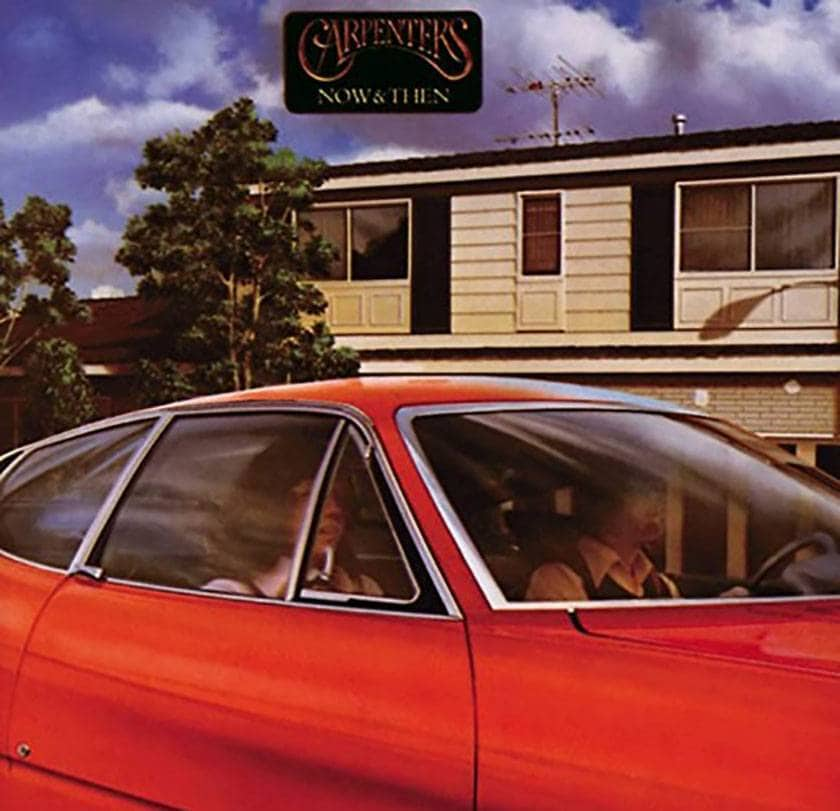
Personally, I like British rock bands like the Who, so I was really into this song since I first listened to a song from the Quadrophenia movie soundtrack that they made back in the 70’s. The movie is about the British youth taking part in Mod culture back in the 60’s.
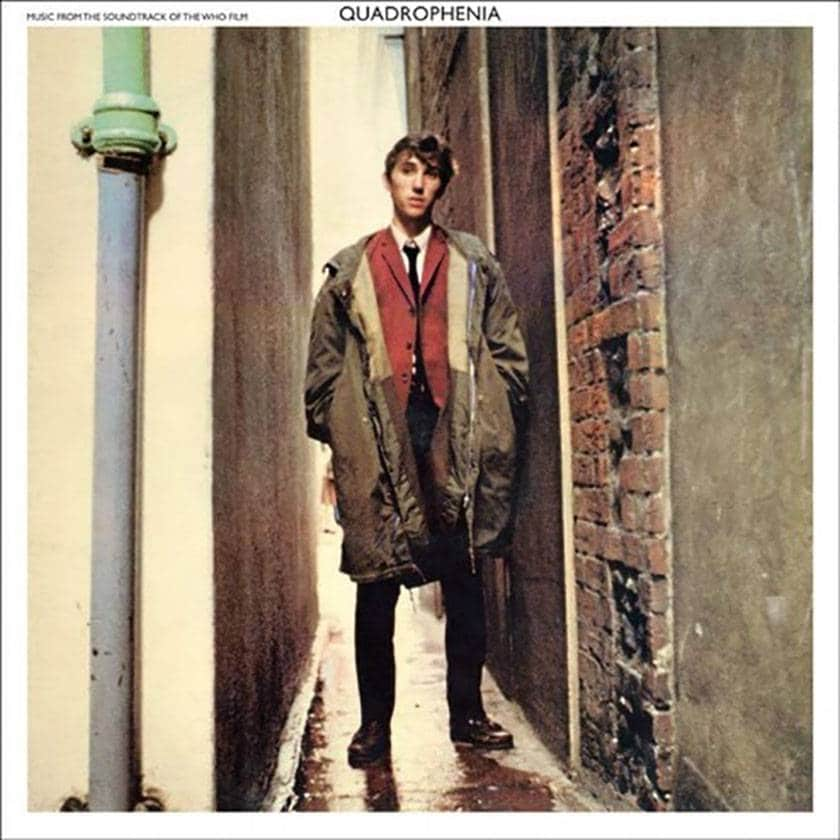
The fact that this song is played in the scene where young people are having fun dancing in a club, you can easily understand why the song was a hit not only on American radio but also in British clubs at the time.
So, this time, I am intentionally listening to the UK version of this grandiose classic pop single.
To prepare for this article, I first listened to the American single that I borrowed from a friend.
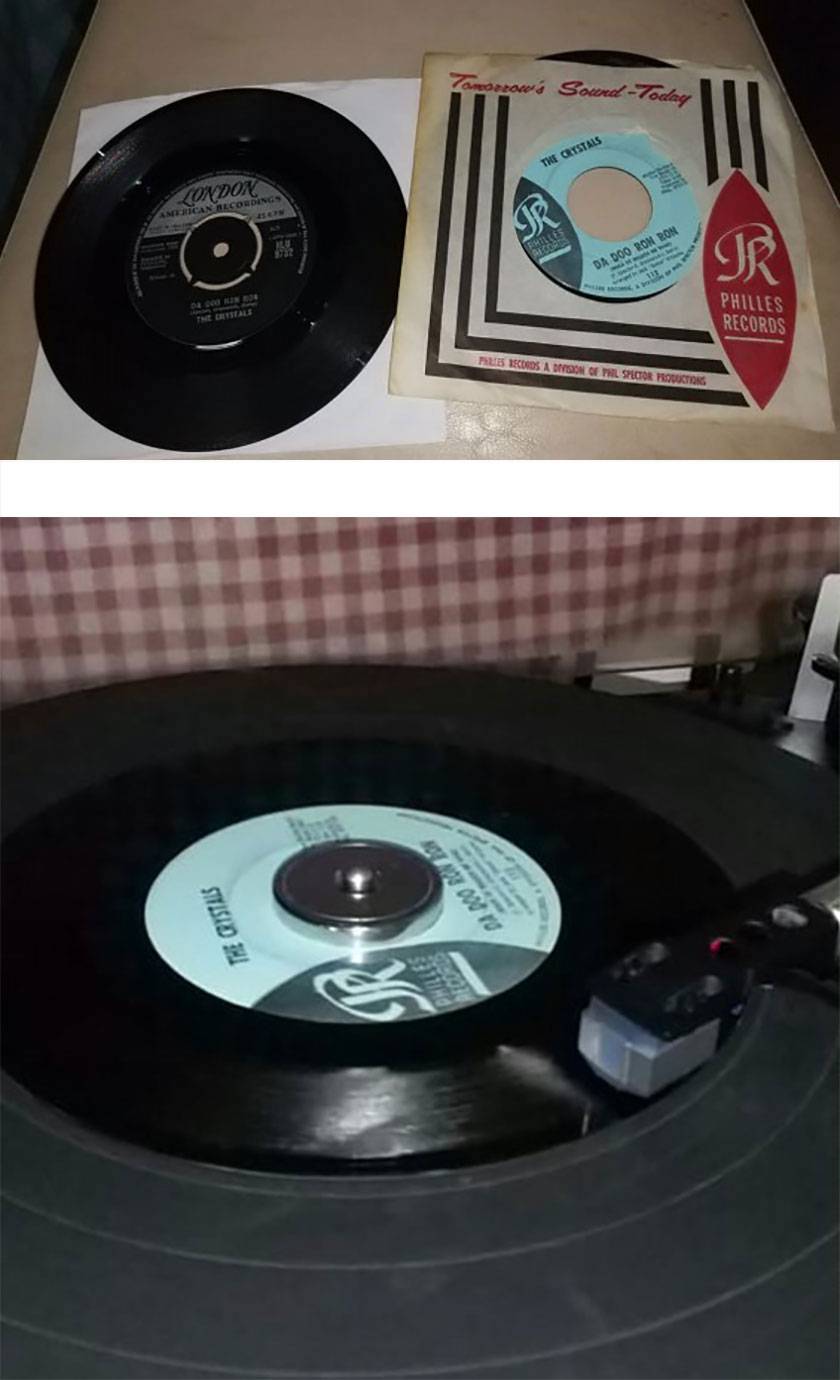
Comparing the record compilation and the LP and CD of the soundtrack mentioned above, the lead vocal, saxophone, chorus parts, singing voices, hand clapping, and even Hal Blaine’s drumming that comes in with a “bang bang” all seem to stand out. Every part sounded like it was playing the lead part.
This dynamic sound was just right for a song that embodies such a high scale of grandeur.
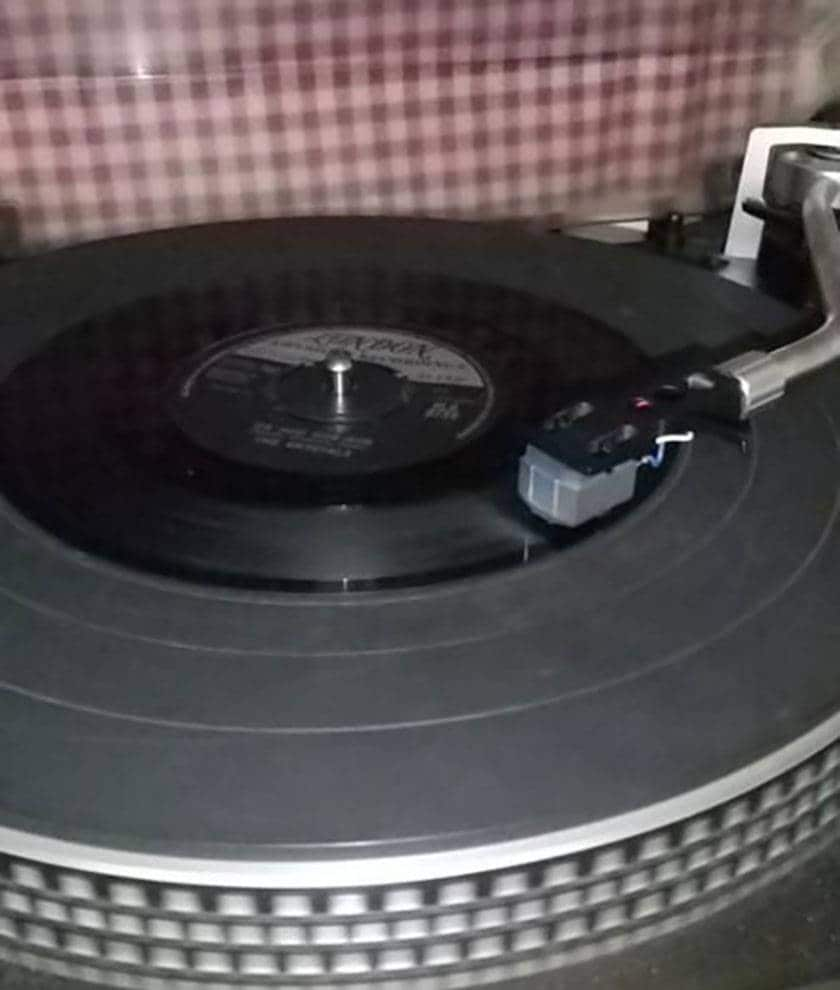
First of all, let’s talk about the hand claps in the intro.
This is a trancey trick that is common to the four-on-the-floor beats that’s a characteristic of house music.
Along with the vocals and bass, the fill-in part from the drums gets to stand out toward the second half, and it’ll invigorate everyone on the floor.
The magnificence of the American version brings you American pop at its best from beginning to end. On the other hand, the sound of the UK single version gets more lively in places such as the intro, chorus, and ending most likely because club culture is more valued in the UK.
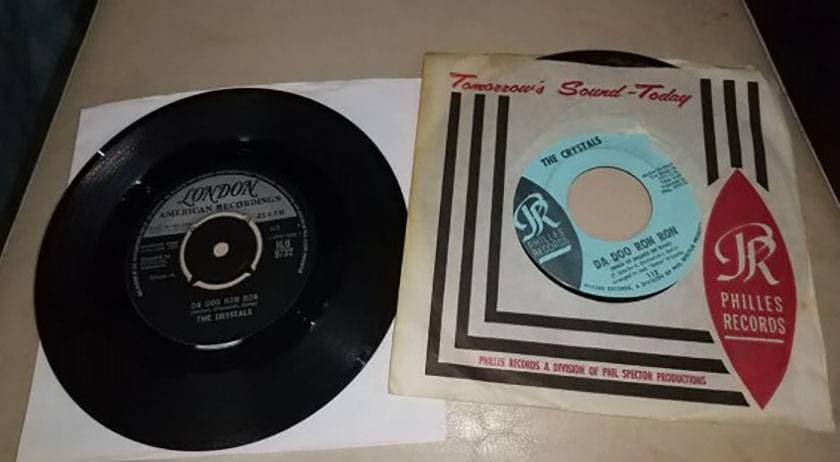
The record’s country of origin shows what kind of sound the music markets or listeners prefer in each country. Someday I would like to get the American version and have fun comparing the two recordings.
This album reaffirms my belief that the songs Phil Spector made before the mid-60’s should be listened to in mono.
You can now read about Phil Spector’s recording in a series of articles that were written in Sound & Recording Magazine.
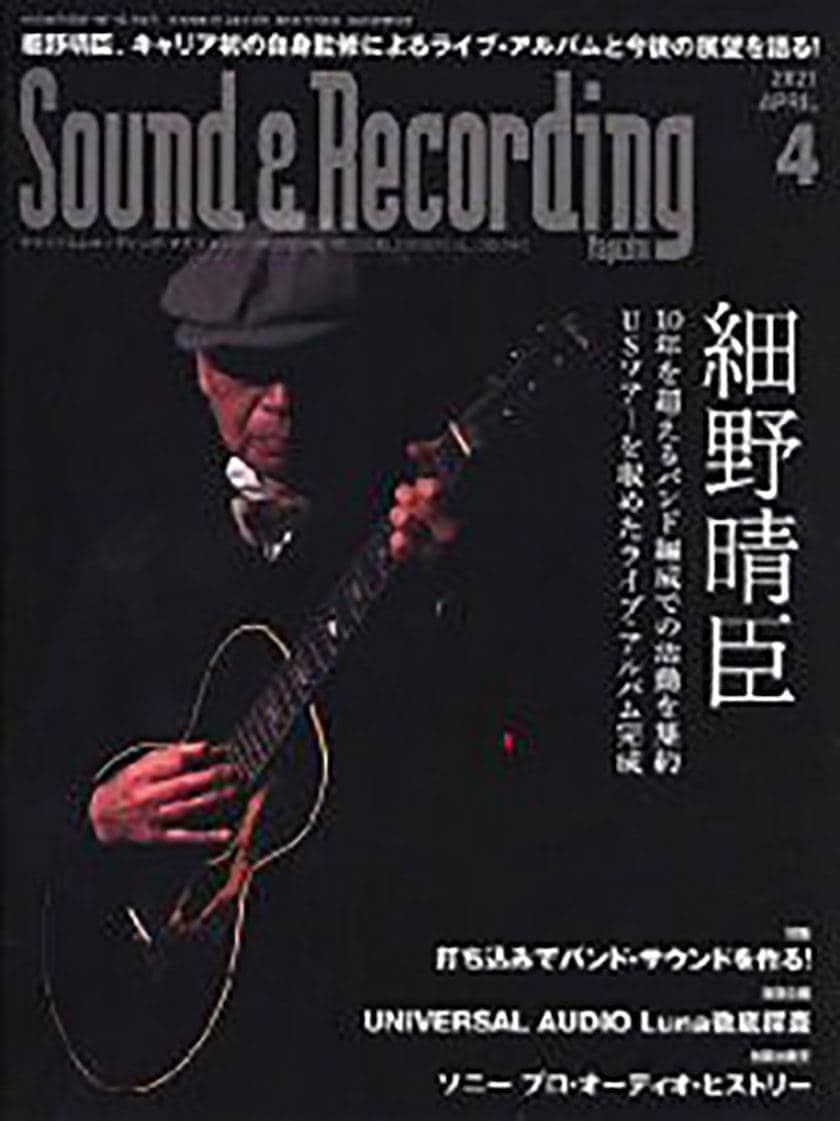
“The magic of pop sounds more thrilling if you listen to it while reading this magazine article.” I am going to leave this quote, and I would like to lay down my pen here.
So, for my next blog post, I would like to focus on the mono reissue of Paul McCartney’s album Ram.
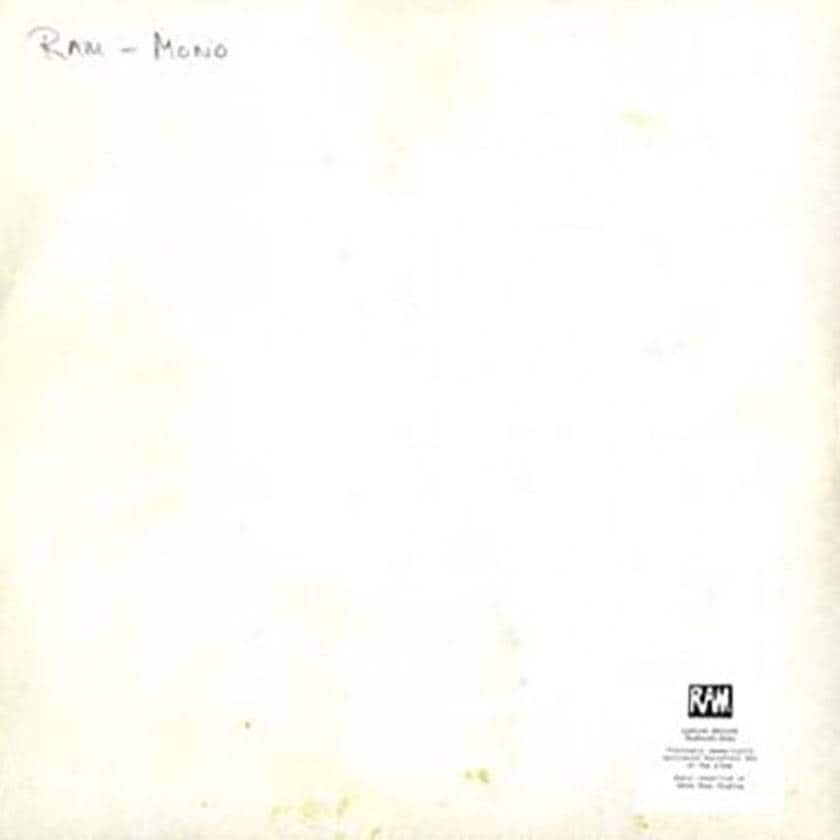
Until next time.
Back to Mono!
Cartridge used for this post
audio technica / AT-MONO3/LP
A high-output MC cartridge that can easily play monaural vinyl records on compatible players and audio devices!





